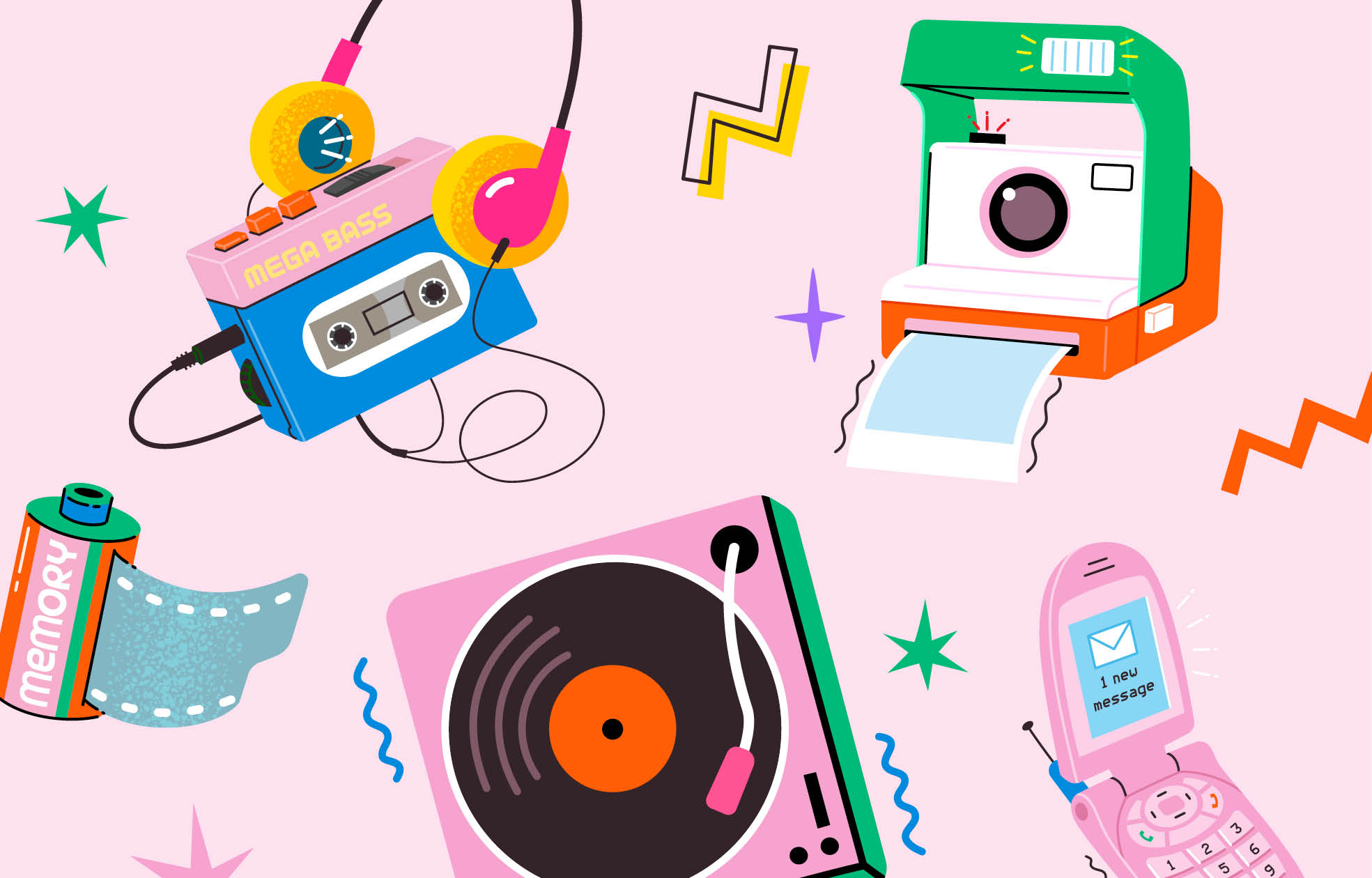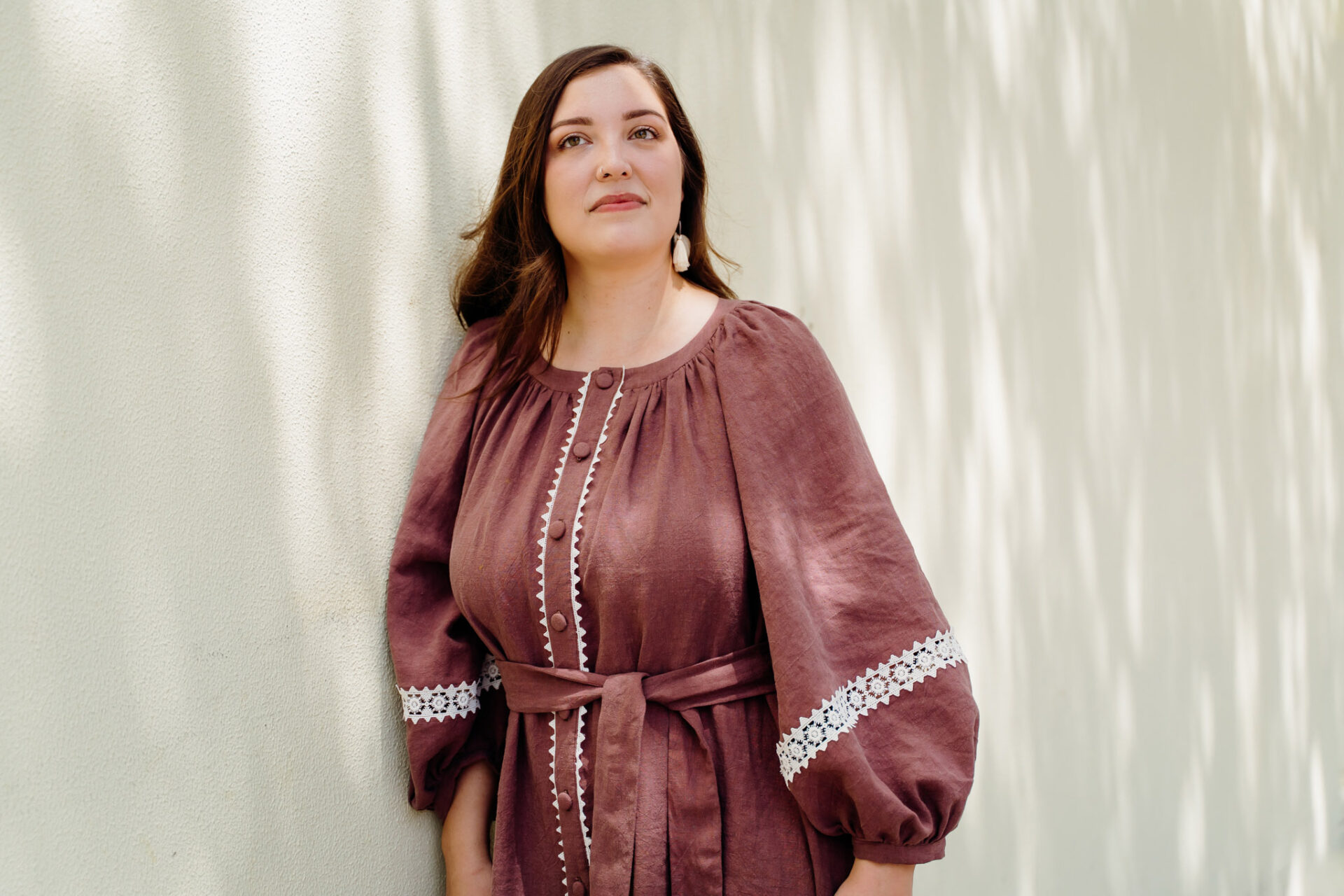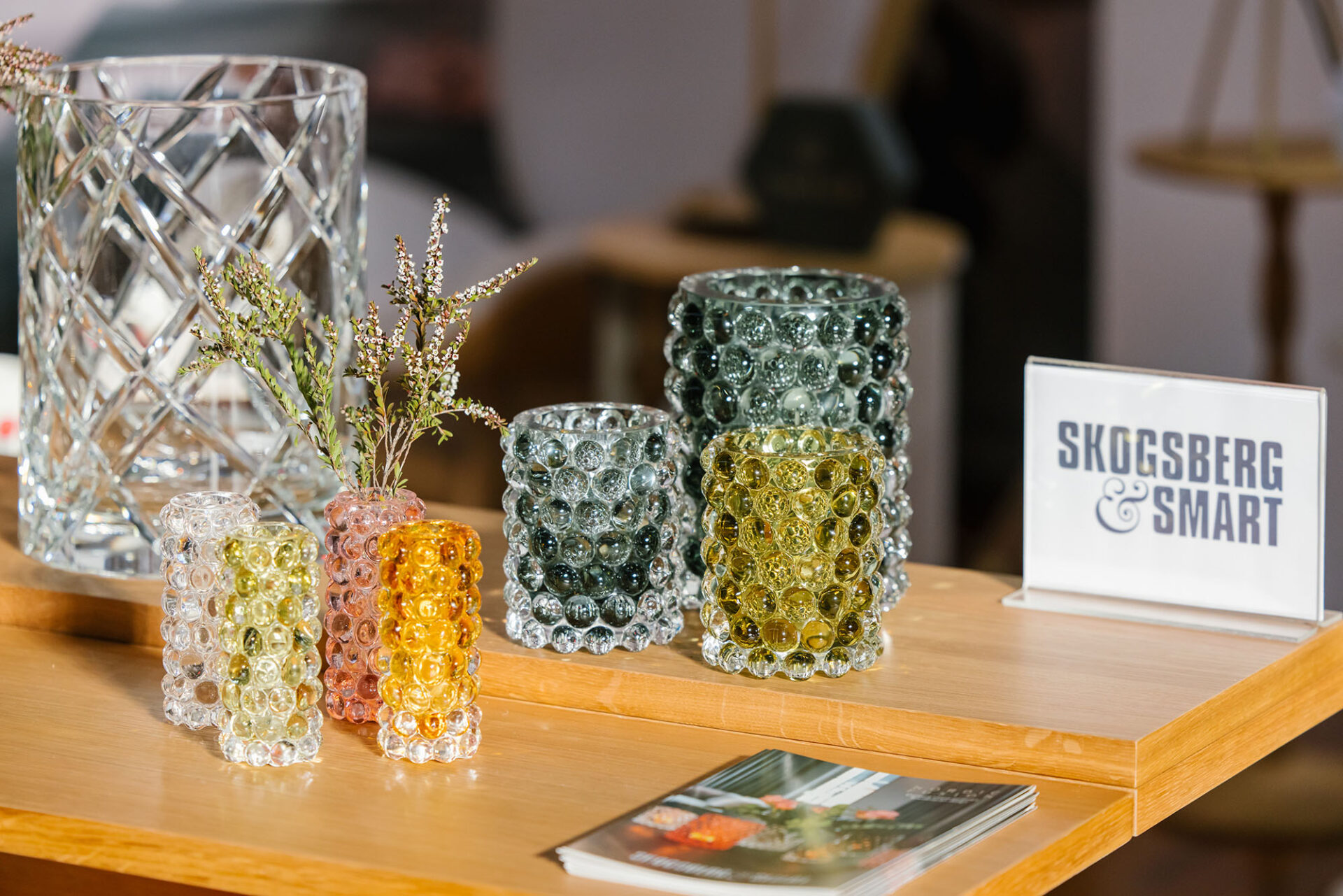Business (Not) as Usual: The Streetwear Brand Tackling Homelessness One Hoodie at a Time
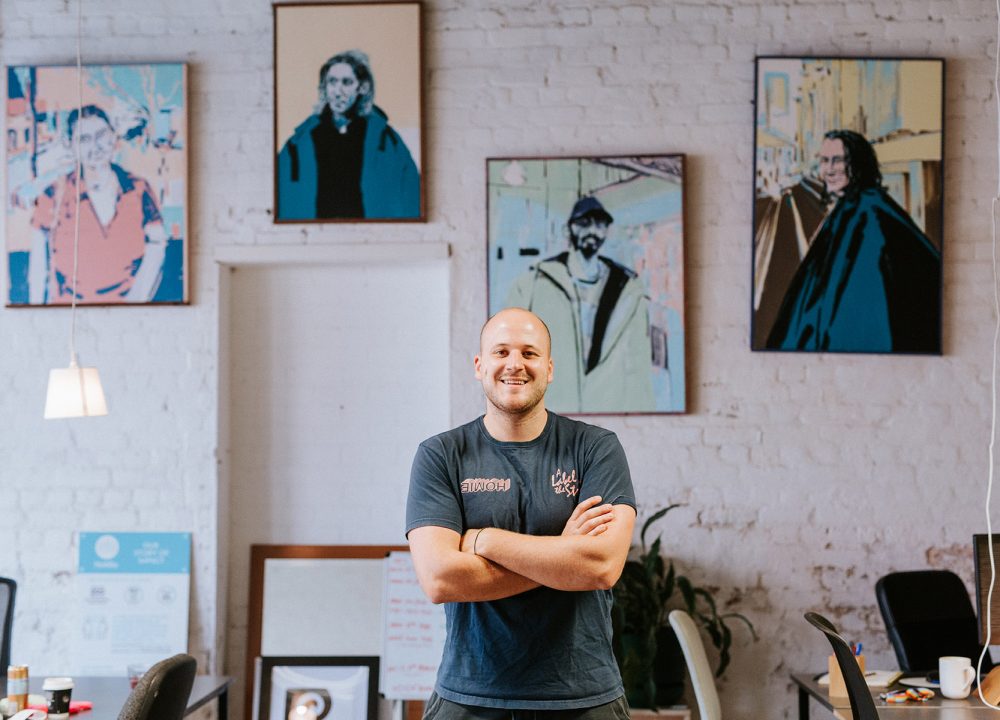
- Words by Peppermint
Have you ever walked past a person living rough and wondered what their story was? Rather than just letting that curiosity go, Nick Pearce and Marcus Crook began to speak with homeless people. Their conversations quickly became a photography project and Facebook page, then a campaign to destigmatise and humanise each person and their story. Now a Melbourne-based streetwear clothing social enterprise, HoMie provides training and work opportunities for young people experiencing homelessness.
With a flagship store – selling the brand’s much-loved monogrammed tees and other clothing, including popular collaborations with streetwear icons, Champion – two social impact programs and a warehouse in Collingwood, HoMie is much more than a clothing brand, offering youth affected by homelessness real-world experience to help move themselves out of the situation in a dignified way.
For CEO Nick Pearce, it’s the brand’s singular “North Star” vision that’s kept the startup on its path every day, helping the business navigate the balancing act of aligning purpose with passion and profit.
Here, we speak with Nick as part of our ‘Business (Not) As Usual’ series, brought to you by Peppermint and Bank Australia, to get a peek behind the people of this purposeful business.
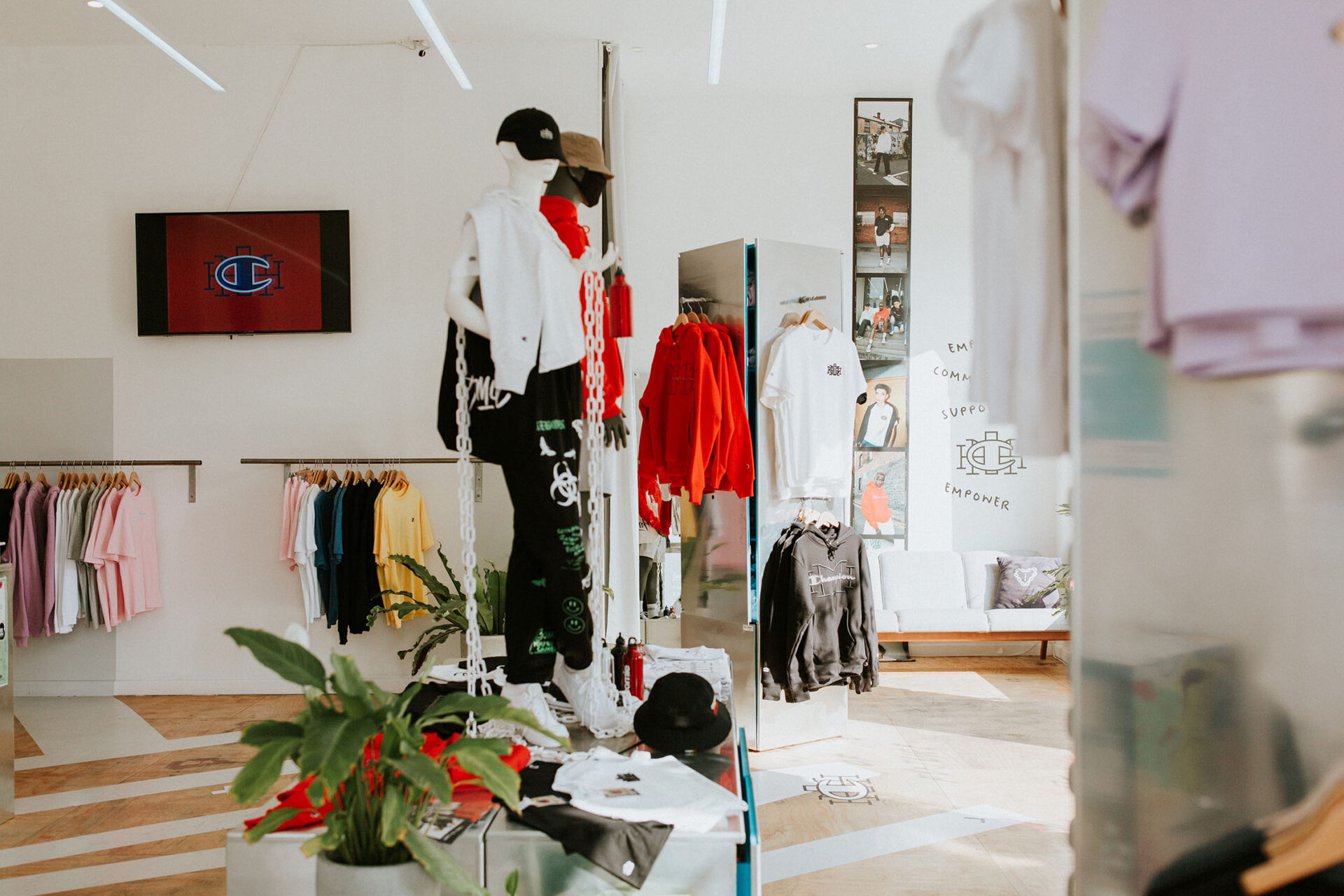
Tell us about the HoMie journey? What inspired you to create it?
We were initially inspired to create HoMie after purely being curious about the issue of homelessness – for example, why was it so prevalent? What were the leading causes? Why was it getting worse? – and ultimately decided to sit down and have conversations with people that were living rough on the streets of Melbourne. Through these exchanges, we started to realise that the people we were speaking to didn’t match the stereotypes that were often perpetuated through the media.
We decided to create a Facebook page called Homelessness of Melbourne, where we shared the stories of these people, in their own words and with their consent, in an attempt to dispel some of these preconceived notions, and generate more understanding into their situation, as well as what we could do as a community to help.
As we continued to educate ourselves, we started to learn that youth homelessness was an even bigger issue within the broader issue of homelessness itself, and we wanted to create an initiative that could have a tangible, meaningful impact on breaking the cycle of homelessness. HoMie, which stands for Homelessness of Melbourne Incorporated Enterprise, was born: a streetwear clothing social enterprise that supported young people affected by homelessness or hardship to equip them with the skills, confidence and experiences to be more work-ready and better prepared for their future.
What have been the compromises and sacrifices?
It has mostly been a LOT of hard work, late hours, (sometimes) sleepless nights, tenacity and resilience. There is no secret formula or book that will tell you how to ‘do it’. For a while, I think I struggled to find that work-life balance and over committed to work and making it all happen. It was such an important learning to understand that I needed to look after myself first and foremost in order to best support others.
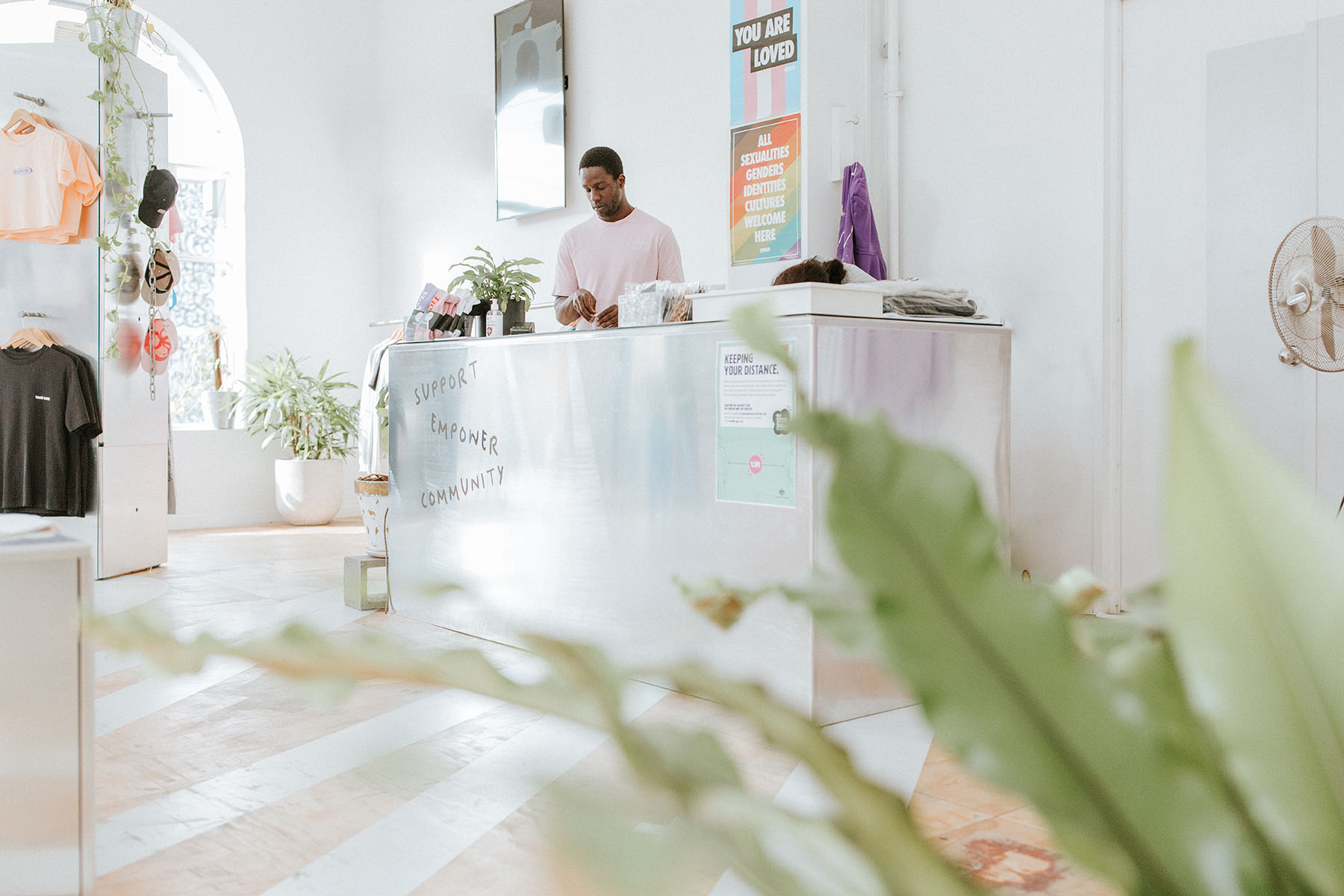
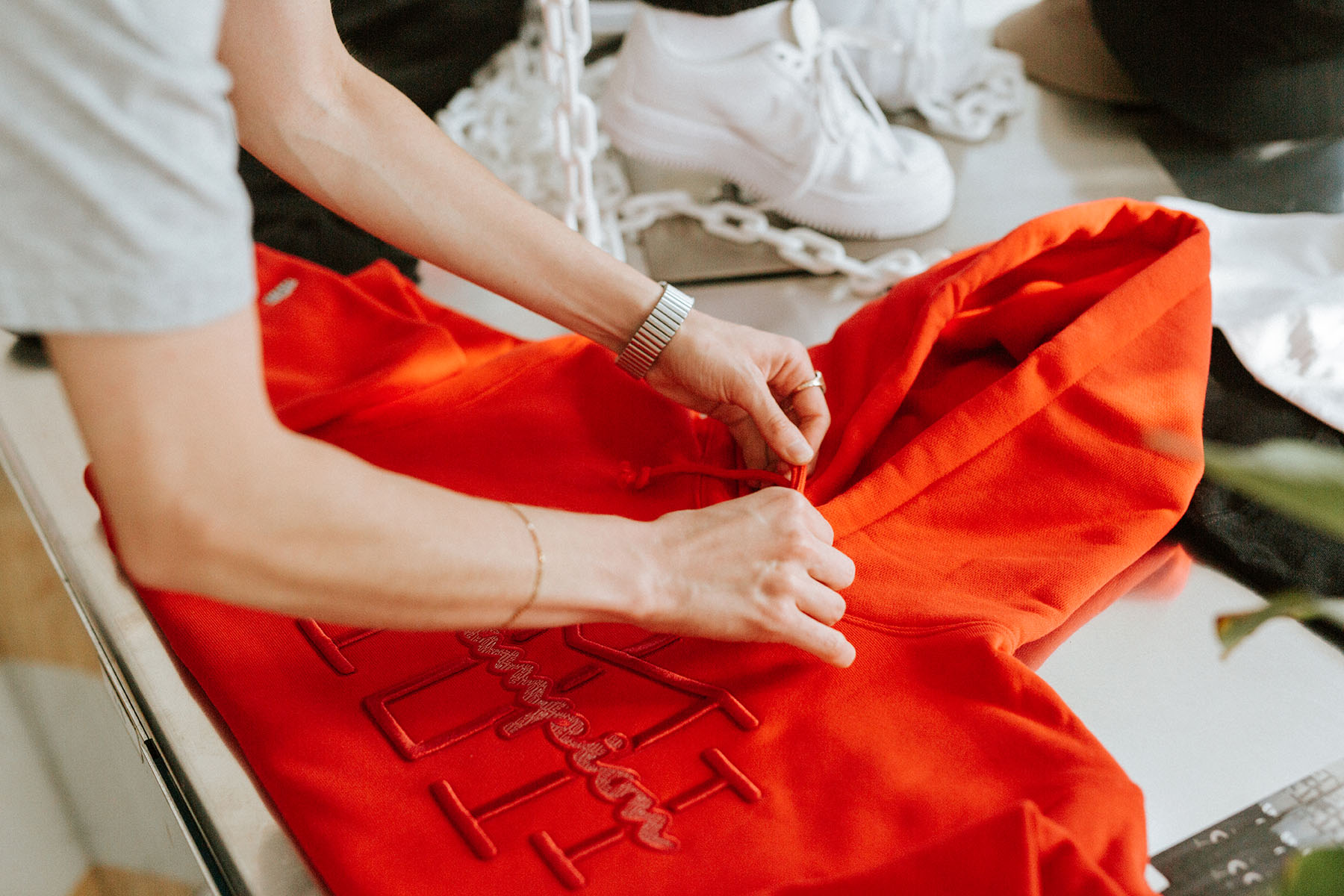
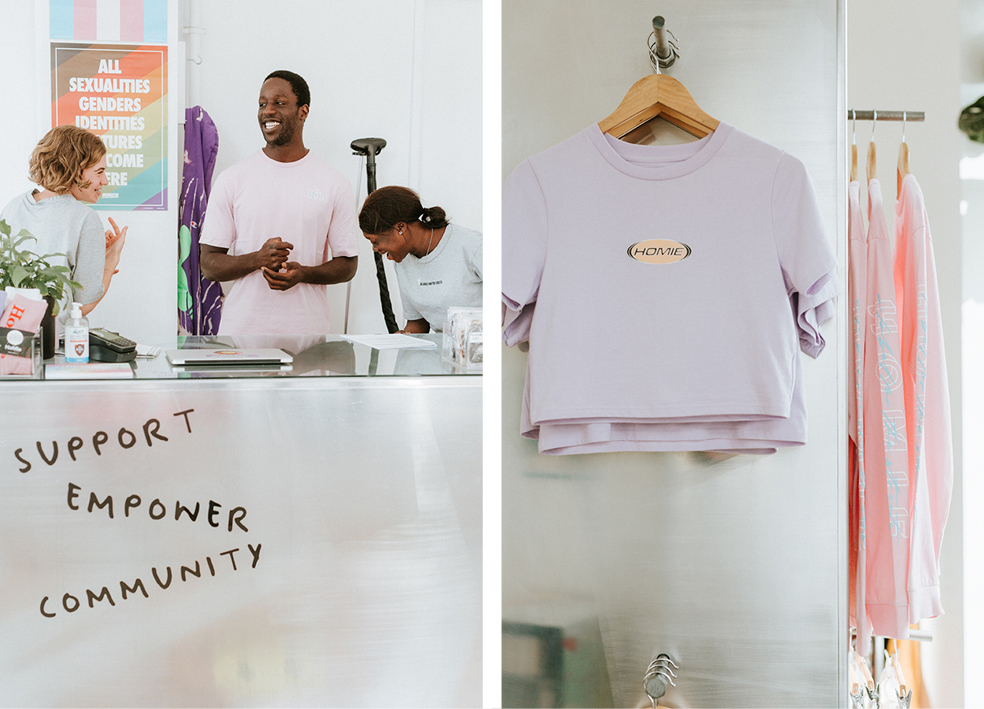
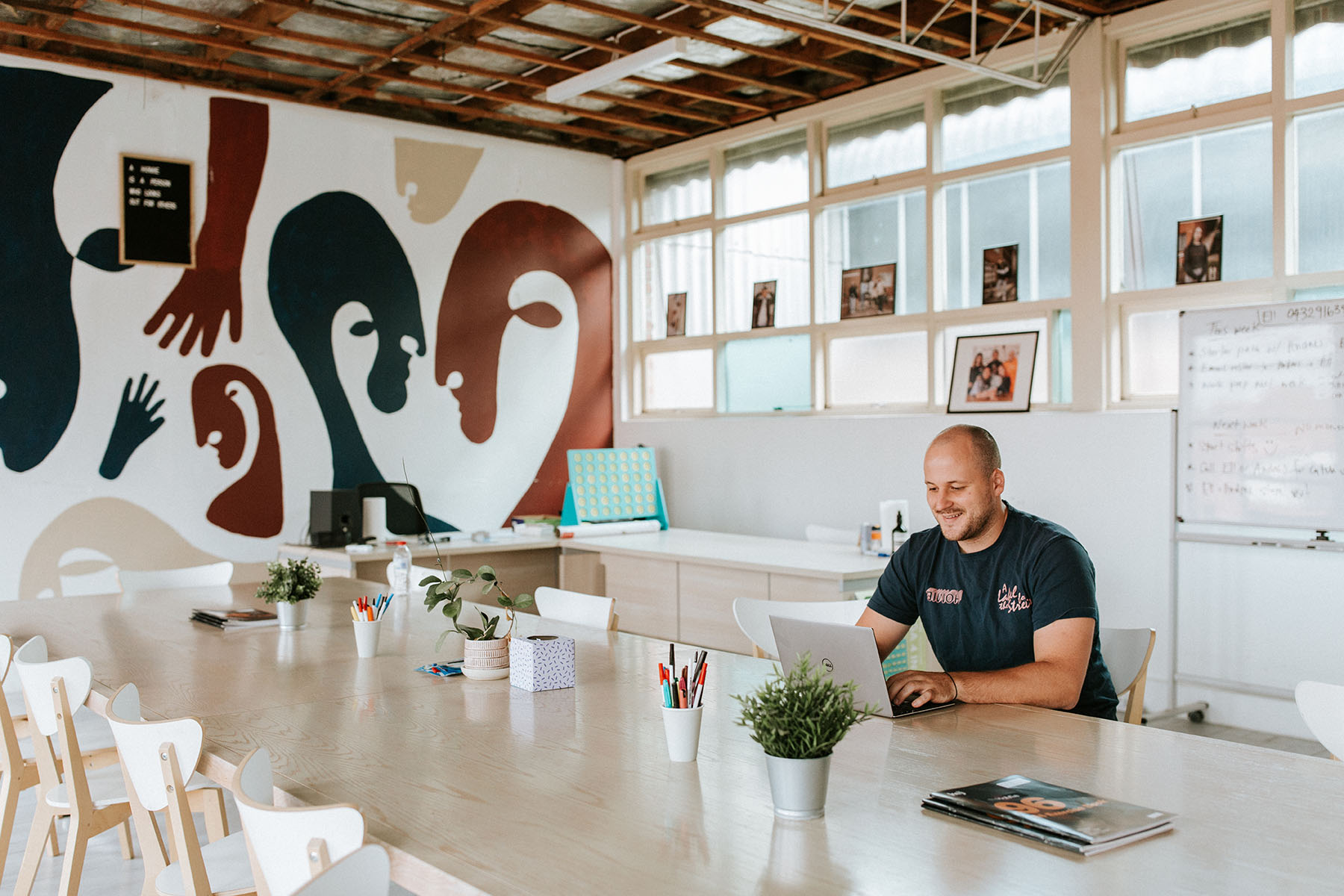
What place do you think business has in creating a more sustainable future?
I think there’s an enormous opportunity for businesses to more deeply embed purpose into their operations and generate impact. Hopefully we’ll inevitably see businesses becoming purpose led in this evolving climate.
What are the easiest ways businesses and individuals can make a lasting impact?
I think it ultimately comes down to attitude and being open to continually explore and challenge new ways of doing things. There are so many organisations that now exist for us all to live more sustainably – coffee, toilet paper, banking, energy providers – that we can incorporate into our everyday lives. Be curious and feed your curiosity.

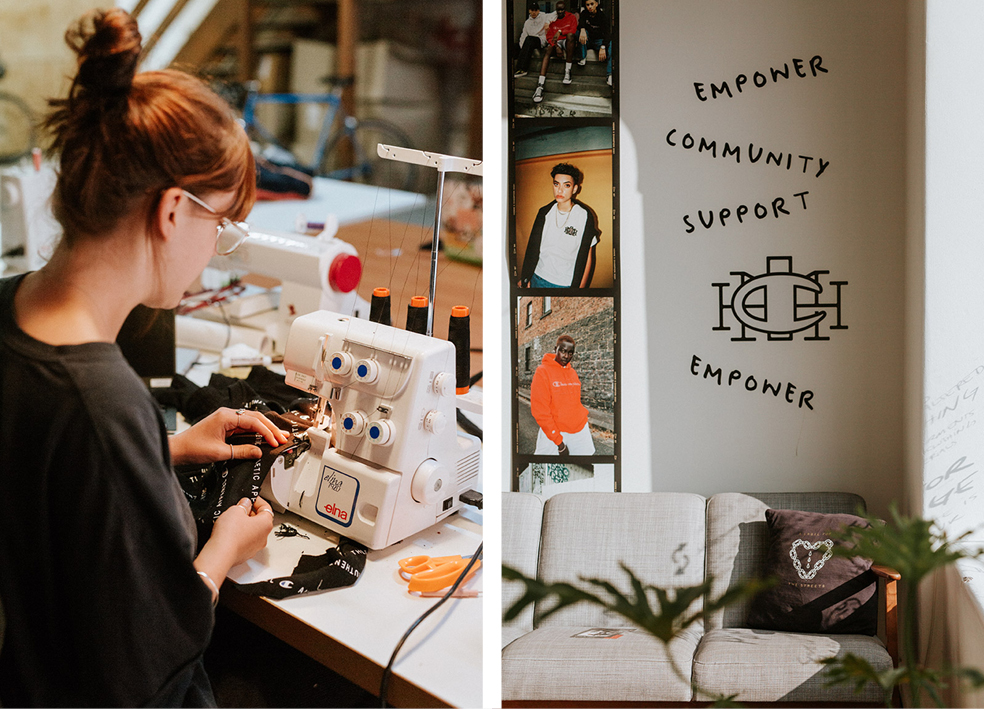
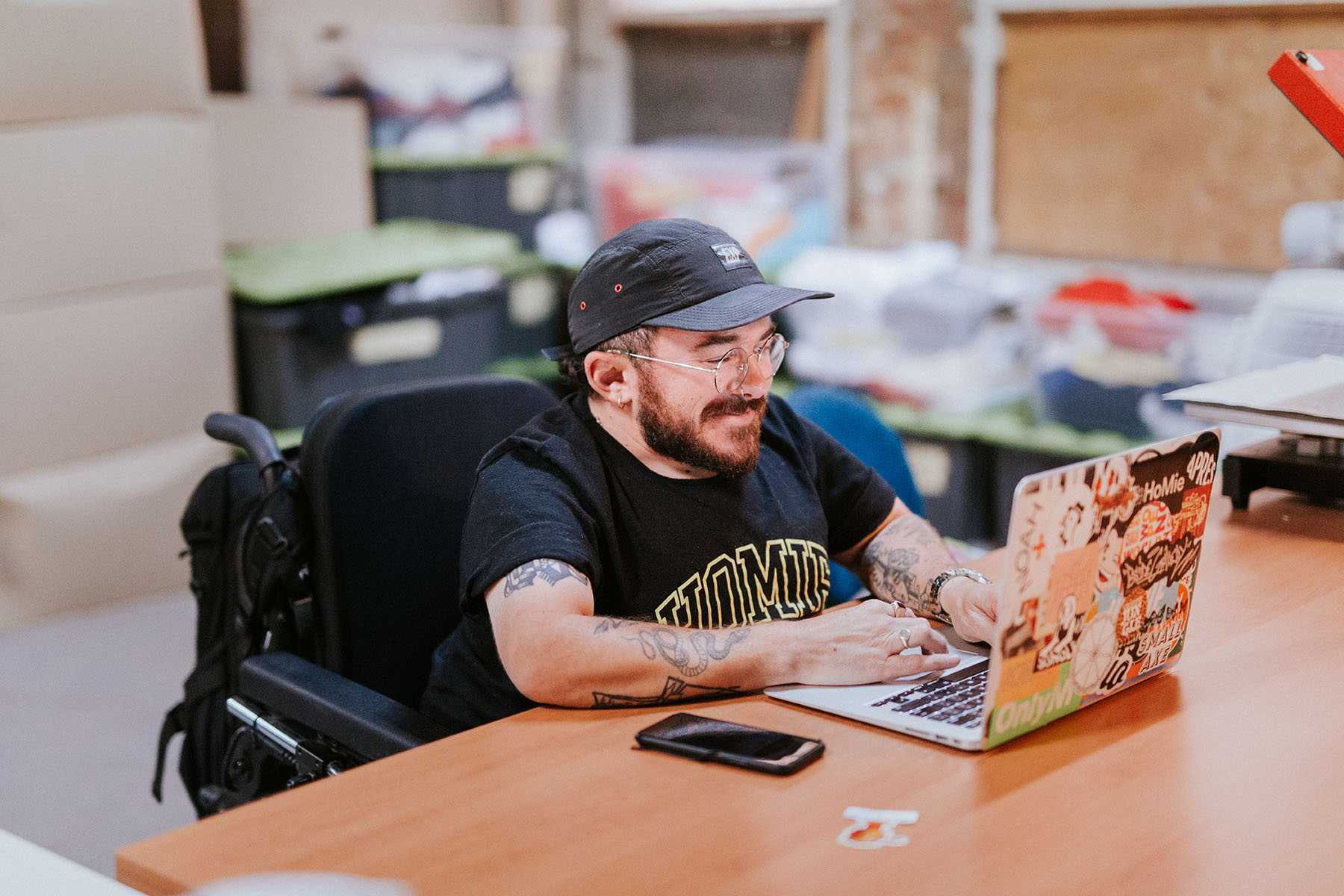
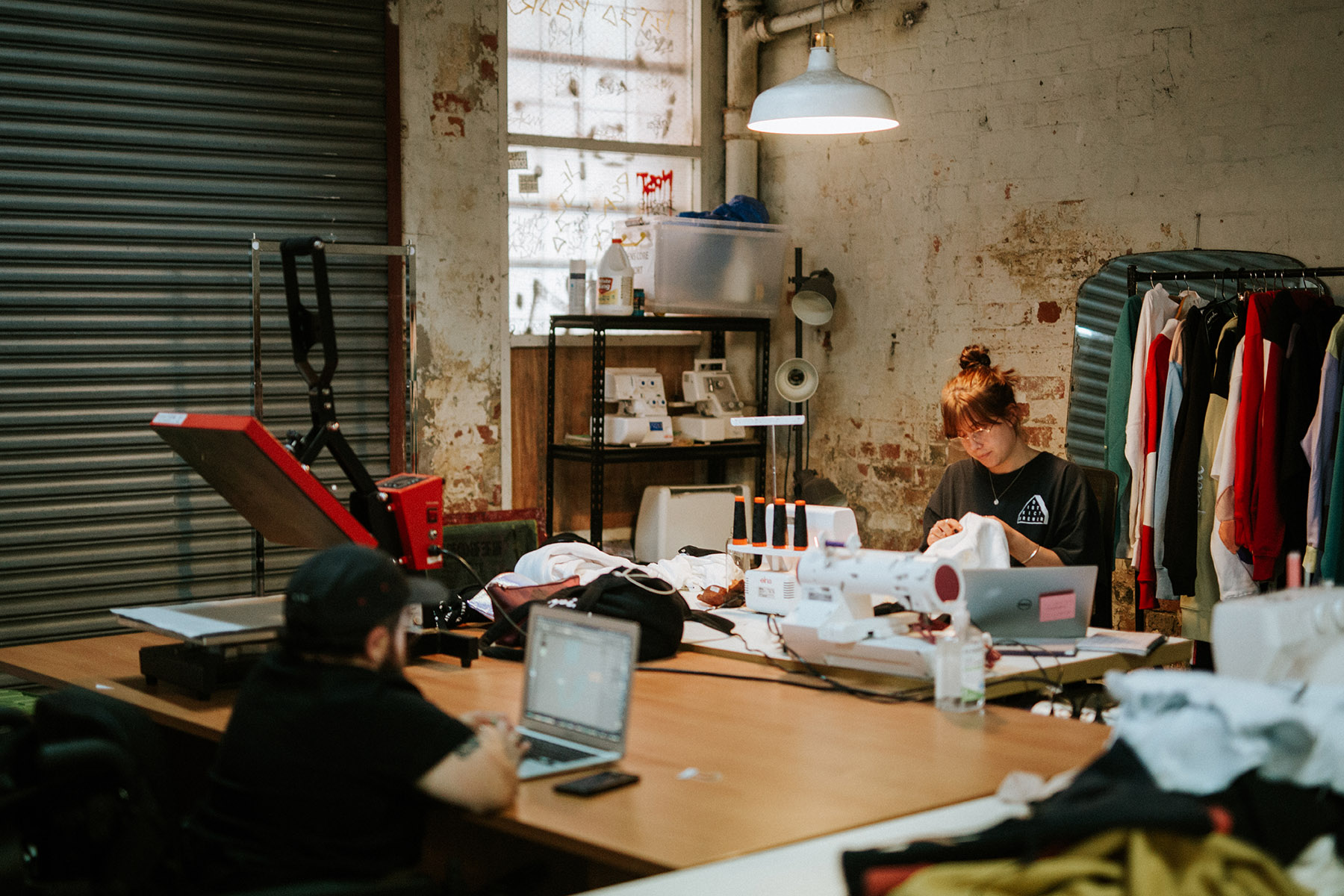
Money can often be seen as a bad thing when it comes to purposeful businesses… How do you think money can be a force for good?
Profitable businesses obviously have an enormous opportunity to create purposeful impact and should continually challenge that distribution. It’s reaffirming to see many businesses reflect on what ‘success’ looks like beyond a healthy bottom line. Profit can equal purpose and there are many organisations that are a testament to this, including Bank Australia!
How do you balance sustainability and profit? Is there a way to do it without compromising?
Ultimately, without profit there can be no purpose. It’s imperative to ensure that these two notions are harmonised, as one feeds the other. Although we are a not-for-profit, we want to make as much profit as possible since 100% of it is allocated to our Social Impact programs.
Ultimately, without profit there can be no purpose. It’s imperative to ensure that these two notions are harmonised, as one feeds the other.
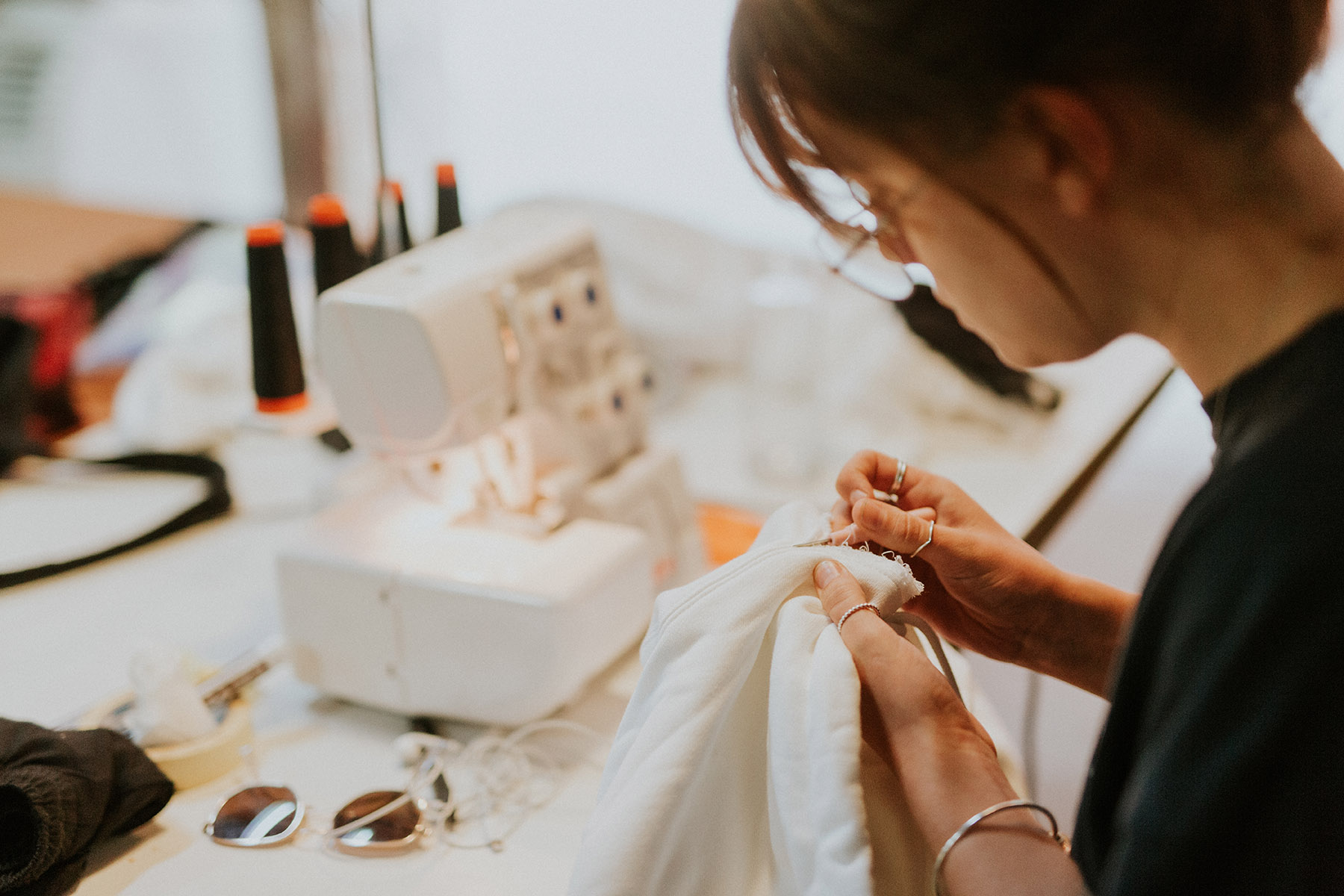
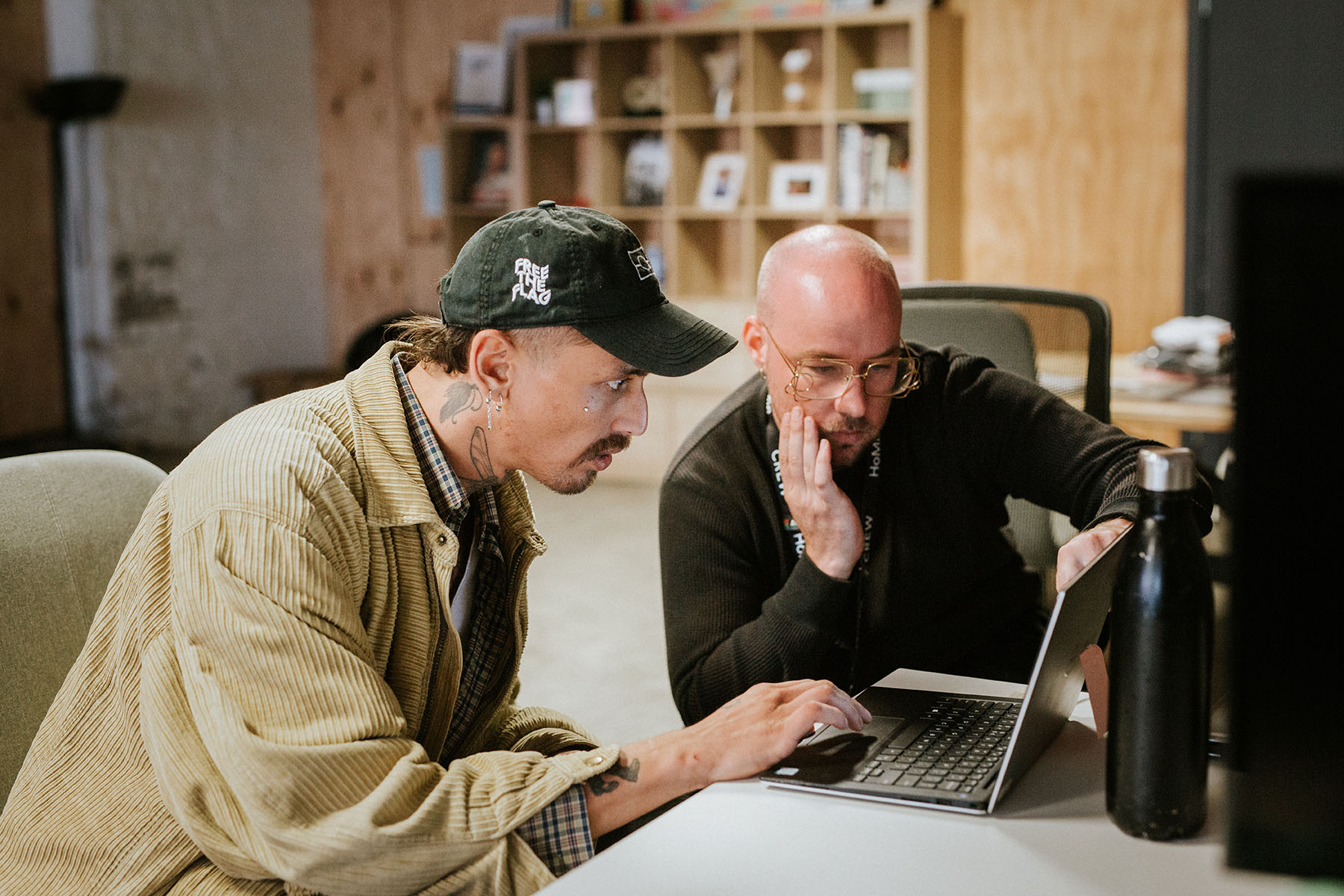
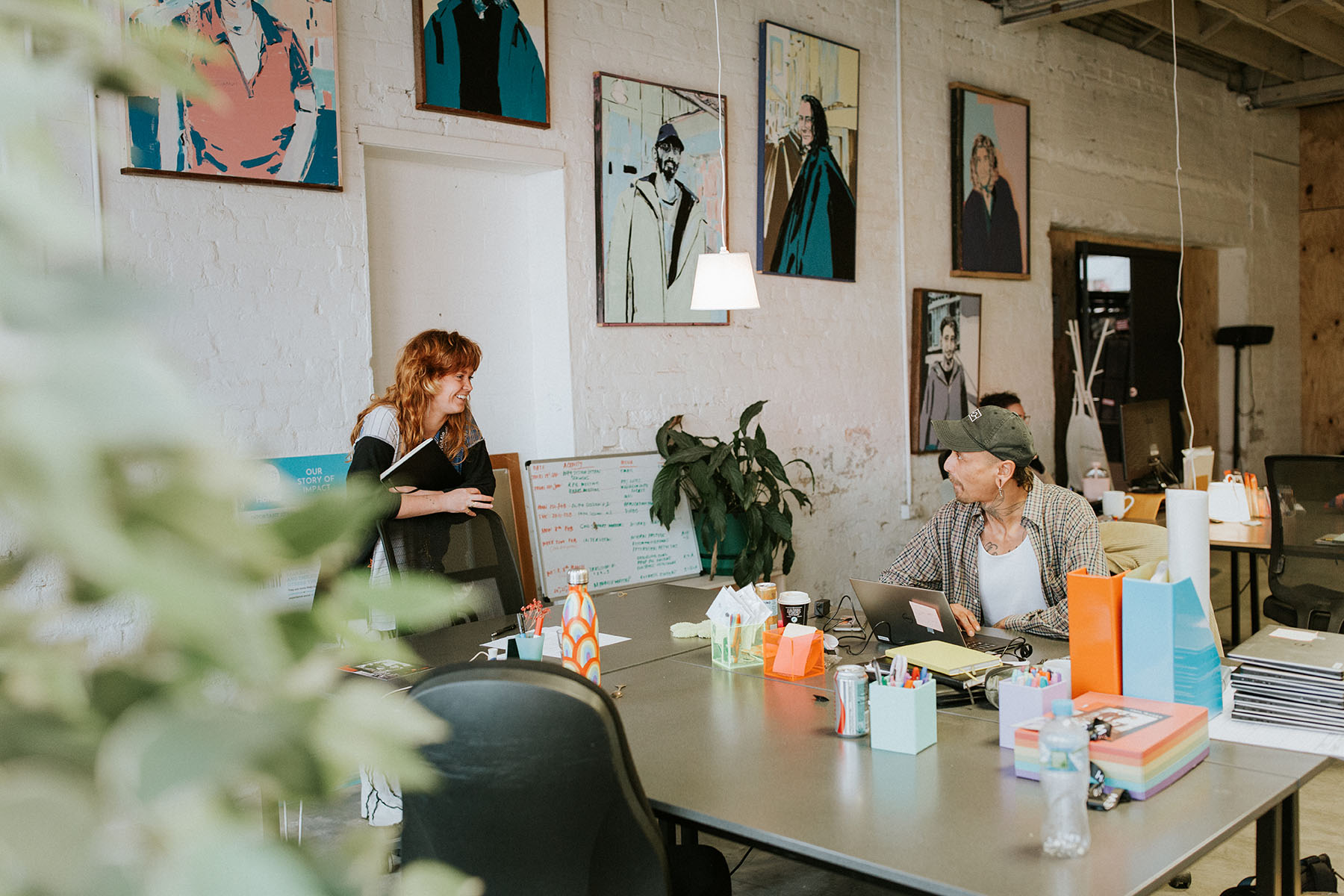
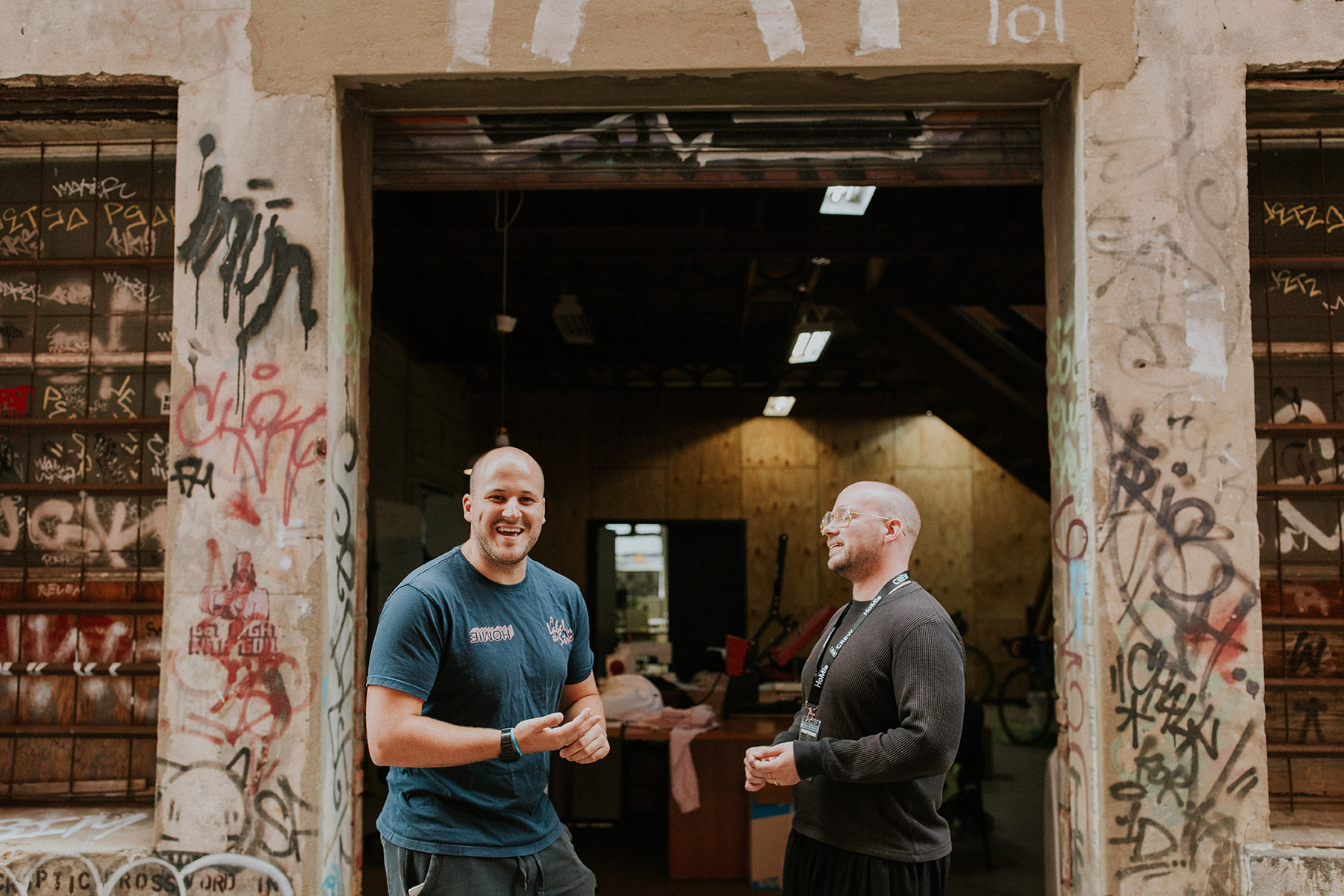
What does a typical day look like for you?
It’s quite difficult to pinpoint a ‘typical’ day at HoMie. Although my title is CEO, I like to think of myself as more of a professional problem solver, as no two days are truly the same (which I absolutely love). I like to, at least, try and do some form of exercise when I wake up (sometimes I fail miserably), grab a coffee on my way to work from STREAT (a brilliant for-purpose organisation) and head to our warehouse in Collingwood. From there, I catch-up and check-in with the team, complete some admin, and then often head out on the road to meet with stakeholders, do school talks etc. I like to finish my day with some mindless television with my trusty companion Sadie, the wonder lab!
What keeps you ticking over and helps you align back to your purpose?
Our North Star mantra: HoMie supports young people affected by homelessness or hardship to equip them with the skills, confidence and experiences to be more work-ready and better prepared for their future. I reflect on this daily to ensure that I’m grounded, understand what our priorities actually are and remind me what I’m ultimately here to do.
How have you built pressure-testing for sustainability and purpose into your business?
This is almost a daily, iterative process that must always be monitored. As mentioned, without profit, there’s no purpose.
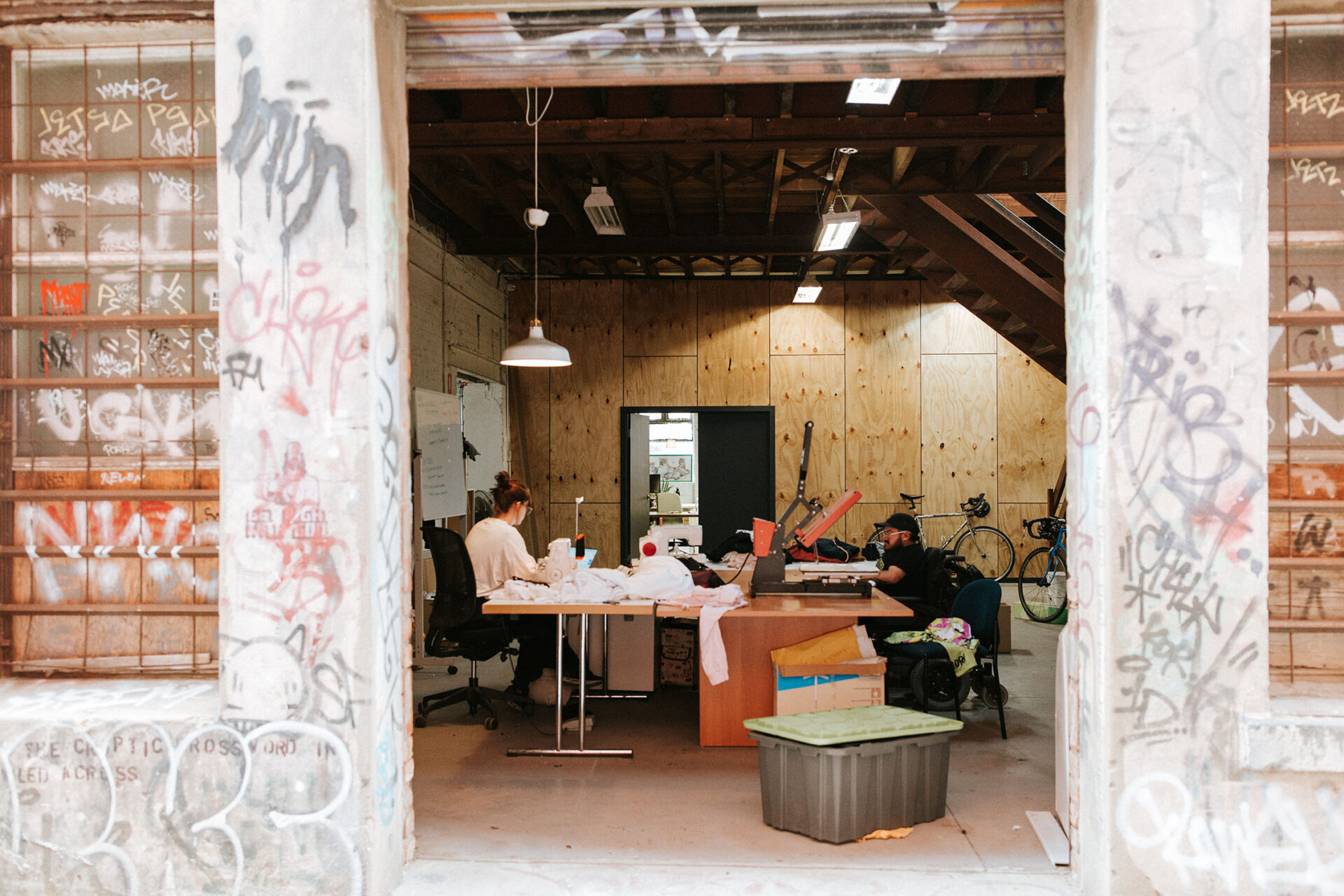
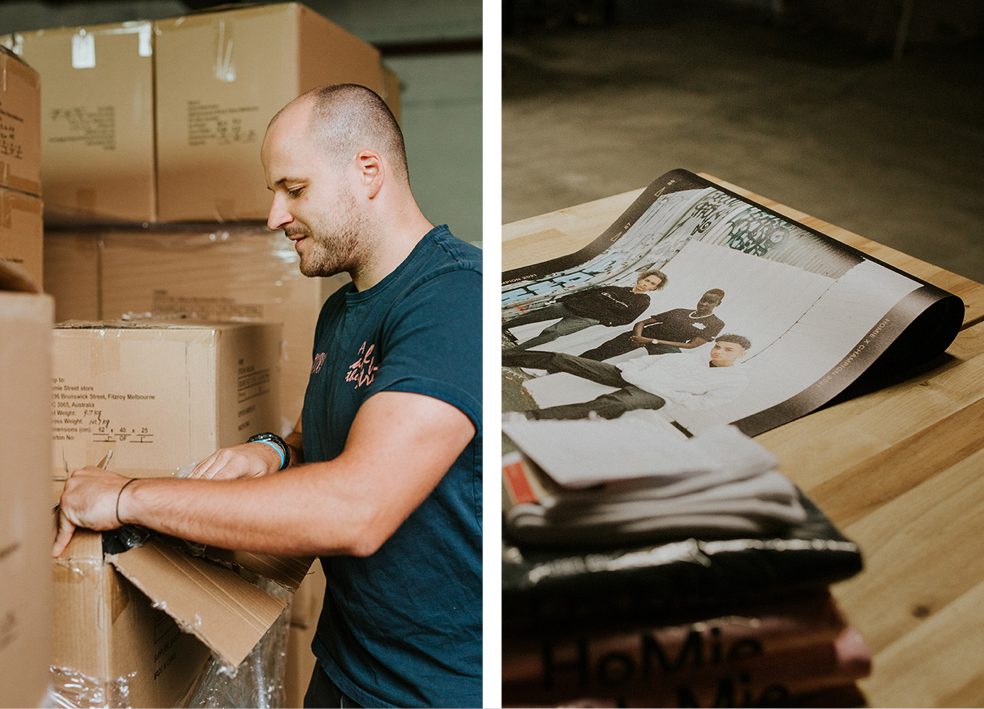
What’s been your biggest lesson?
It all – work and life – comes down to relationships, respect and authenticity.
What would you tell your startup self if you could go back?
Work hard and look after yourself. No matter what happens today, the sun will rise again tomorrow.
Do you believe true balance is possible?
I think it is but, like anything, you have to continually practice and hold yourself accountable. I am a huge believer that ‘time off’ is just as (if not more) important than ‘time on’.
What is the secret to truly combining business purpose and passion?
There is no secret. Hard work, balance and vision.
It all – work and life – comes down to relationships, respect and authenticity.
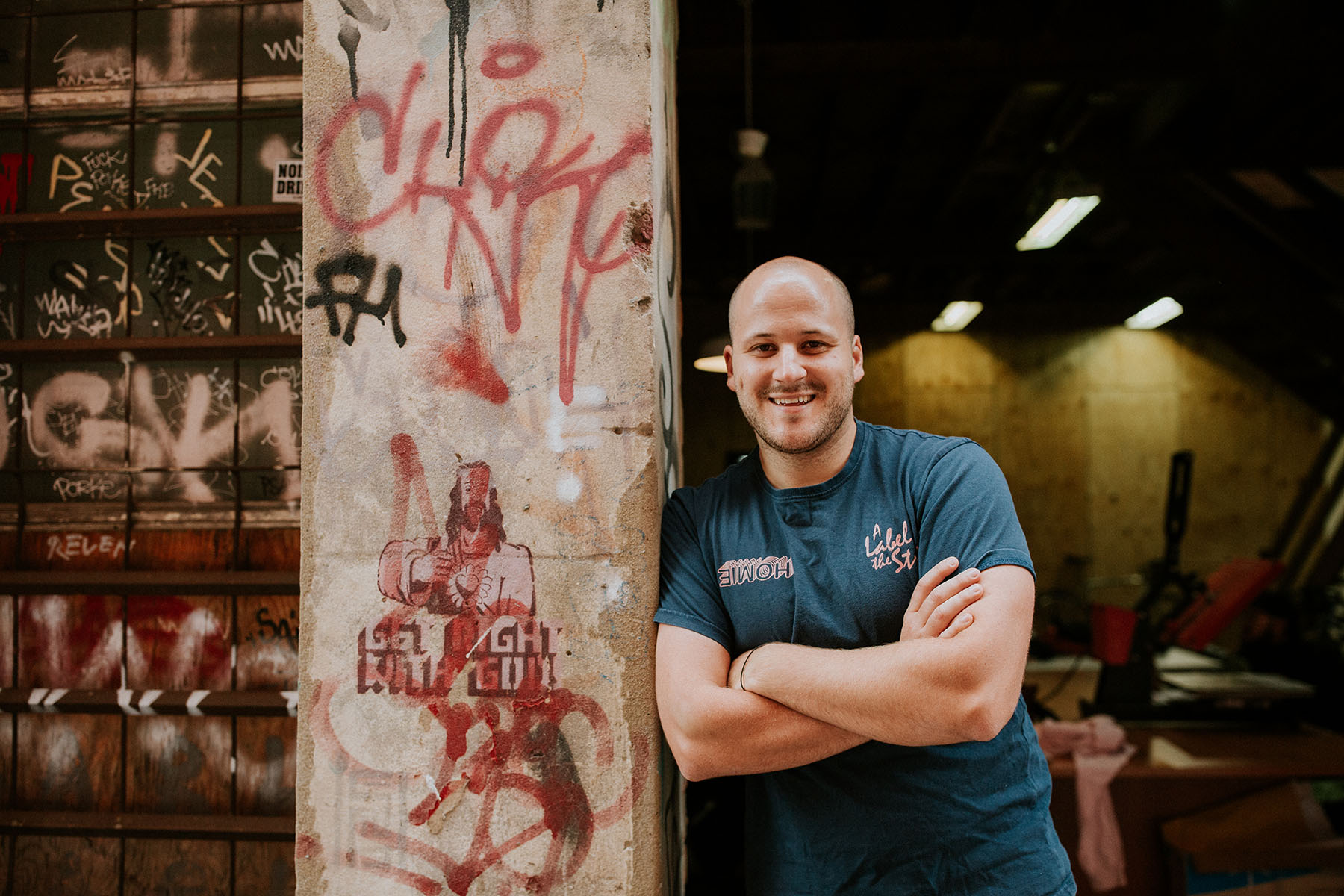
Thanks so much to our partner Bank Australia for supporting our ‘Business (Not) As Usual’ series. One of Australia’s few B Corp-certified banks, Bank Australia believes in a fair and just world – working with their customers to use money as a force for good to help create positive impact for people, their communities and the planet.
PHOTOS OF HOMIE BY CATHERINE ELISE FOR PEPPERMINT
JOIN OUR MAILING LIST
Brighten up your inbox with our not-too-frequent emails featuring Peppermint-related news, events, competitions and more!
explore
More articles
Look, I don’t want to make anyone panic but IT’S DECEMBER!!! If you’re planning to give homemade gifts, you’re going to have to act fast. …
Hang out with us on Instagram
🌻 The Paddington 🌻
This is a much-loved staple, created for Issue 50 in 2021. We love seeing the #PeppermintPaddingtonTop continually popping up in our feeds!
How stunning is our model Elon MelaninGoddessEfon – she told us it was one of the first times she had been asked to come to a shoot with her natural hair. 🌻
We worked with South African patternmaker Sarah Steenkamp of @FrenchNavyNow_ to create this wardrobe essential – the perfect puff-sleeve blouse. Raglan sleeves make it the ultimate beginner sew, plus the gorgeous back buttons let you add your own personal twist.
Pattern via the link in bio! 🪡
Photos: @KelleySheenan
Fabric: @Spoonflower
Model: MelaninGoddessEfon

“In the 1940’s, Norwegians made and wore red pointed hats with a tassel as a form of visual protest against Nazi occupation of their country. Within two years, the Nazis made these protest hats illegal and punishable by law to wear, make, or distribute. As purveyors of traditional craft, we felt it appropriate to revisit this design.”
Crafters have often been at the heart of many protest movements, often serving as a powerful means of political expression. @NeedleAndSkein, a yarn store in Minnesota, are helping to mobilise the craftivists of the world with a ‘Melt The Ice’ knitting pattern created by @Yarn_Cult (with a crochet pattern too), as a way of peaceful protest.
The proceeds from the $5 pattern will go to local immigrant aid organisations – or you can donate without buying the pattern.
Raise those needles, folks – art and craft can change the world. 🧶
Link in bio for the pattern.
Images: @Gather_Fiber @NeedleAndSkein @a2ina2 @KyraGiggles Sandi.204 @WhatTracyMakes AllieKnitsAway Auntabwi2
#MeltTheIce #Craftivism #Knitting #CraftForChange

TWO WEEKS TO GO! 🤩
"The most important shift is moving from volume-led buying to value-led curation – choosing fewer, better products with strong ethics, considered production and meaningful stories. Retailers have real influence here: what you buy signals what you stand for. At Life Instyle, this means using the event to discover and invest in small-scale, planet-considerate brands that align with your values and your customer’s conscience. Consumers don’t need more things; they need better things, and retailers play a key role in selecting, contextualising, and championing why those products matter."
Only two more weeks until @Life_Instyle – Australia`s leading boutique retail trade show. If you own a store, don`t miss this event! Connect with designers, source exquisite – and mindful – products, and see firsthand why this is Australia’s go-to trade show for creatives and retailers alike. And it`s free! ✨️
Life Instyle – Sydney/Eora Country
14-17 February 2026
ICC, Darling Harbour
Photos: @Samsette
#LifeInstyle #SustainableShopping #SustainableShop #RetailTradeEvent

Calling all sewists! 📞
Have you made the Peppermint Waratah Wrap Dress yet? Call *1800 I NEED THIS NOW to get making!
This gorgeous green number was modelled (and made) by the fabulous Lisa of @Tricky.Pockets 🙌🏼
If you need a nudge, @ePrintOnline are offering Peppermint sewists a huge 🌟 30% off ALL A0 printing 🌟 when you purchase the Special Release Waratah Wrap Dress pattern – how generous is that?!
Head to the link in bio now 📞
*Not a real number in case that wasn`t clear 😂
#PeppermintWaratahWrapDress #PeppermintPatterns #SewingPattern #WrapDress #WrapDressPattern

8 Things to Know About January 26 - from @ClothingTheGaps:
Before you celebrate, take the time to learn the truth. January 26 is not a day of unity it’s a Day of Mourning and Survival for Aboriginal and Torres Strait Islander peoples.
It marks the beginning of invasion, dispossession, and ongoing colonial violence. It’s time for truth-telling, not whitewashed history.
Stand in solidarity. Learn. Reflect. Act.
✊🏽 Blog written by Yorta Yorta woman Taneshia Atkinson.
🔗 Link in bio of @ClothingTheGaps to read the full blog
#ChangeTheDate #InvasionDay #SurvivalDay #AlwaysWasAlwaysWillBe #ClothingTheGaps

As the world careens towards AI seeping into our feeds, finds and even friend-zones, it`s becoming increasingly hard to ignore.
We just wanted to say that here at Peppermint, we are choosing to not print or publish AI-generated art, photos, words, videos or content.
Merriam-Webster’s human editors chose `slop` as the 2025 Word of the Year – they define it as “digital content of low quality that is produced usually in quantity by means of artificial intelligence.” The problem is, as AI increases in quality, it`s becoming more and more difficult to ascertain what`s real and what`s not.
Let`s be clear here, AI absolutely has its place in science, in climate modelling, in medical breakthroughs, in many places... but not in replacing the work of artists, writers and creatives.
Can we guarantee that everything we publish is AI-free? Honestly, not really. We know we are not using it to create content, but we are also relying on the artists, makers and contributors we work with, as well as our advertisers, to supply imagery, artwork or words created by humans. AI features are also creeping into programs and apps too, making it difficult to navigate. But we will do our best to avoid it and make a stand for the artists and creatives who have had their work stolen and used to train AI machines, and those who are now losing work as they are replaced by this energy-sapping, environment-destroying magic wand.
Could using it help our productivity and bottom line? Sure. And as a small business in a difficult landscape, that`s a hard one to turn down. We know other publishers who use AI to write stories, create recipes, produce photo shoots... but this one is important to us.
`Touch grass` was also a Merriam-Webster Word of the Year. We`ll happily stick with that as a theme, thanks very much. 🌿









